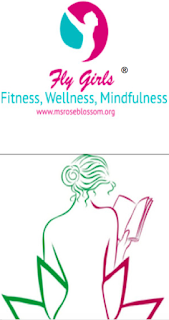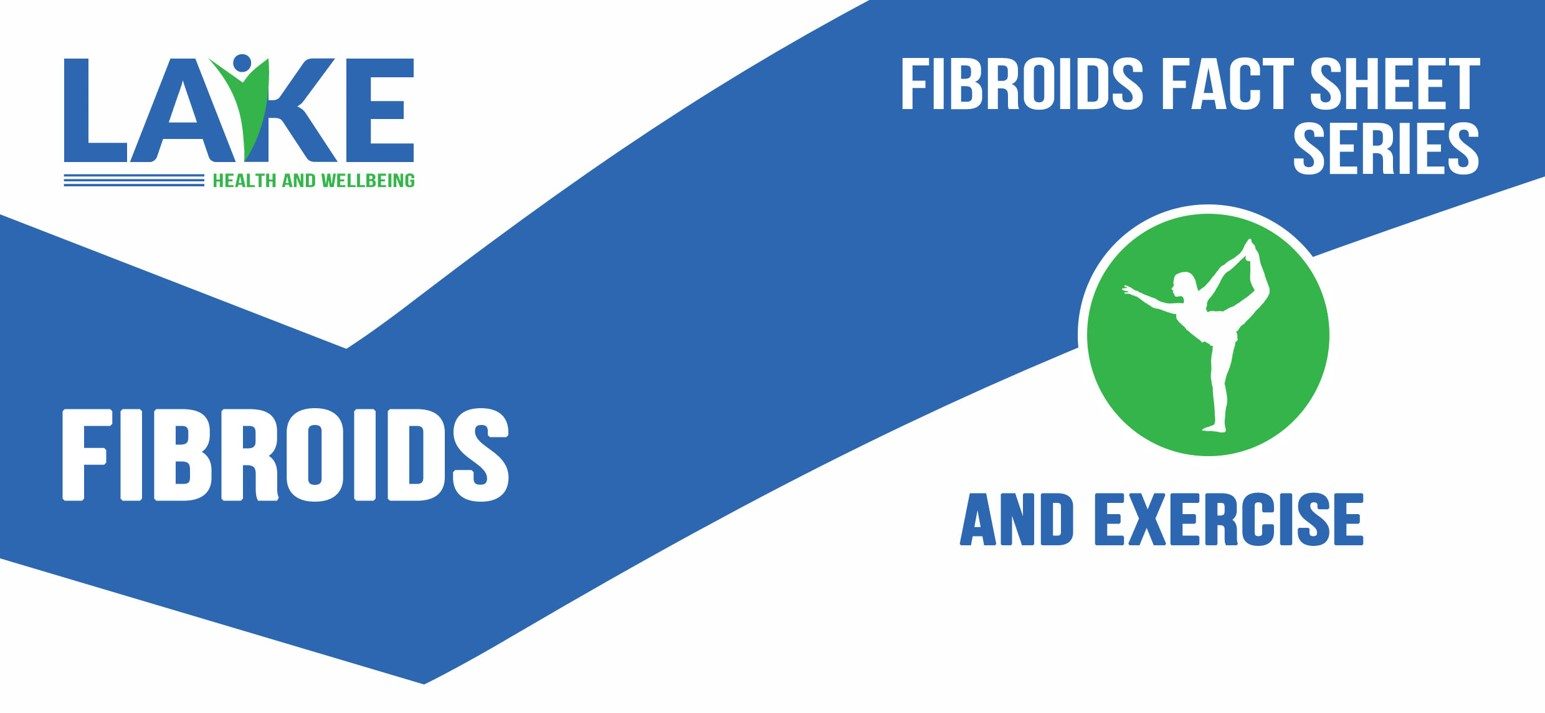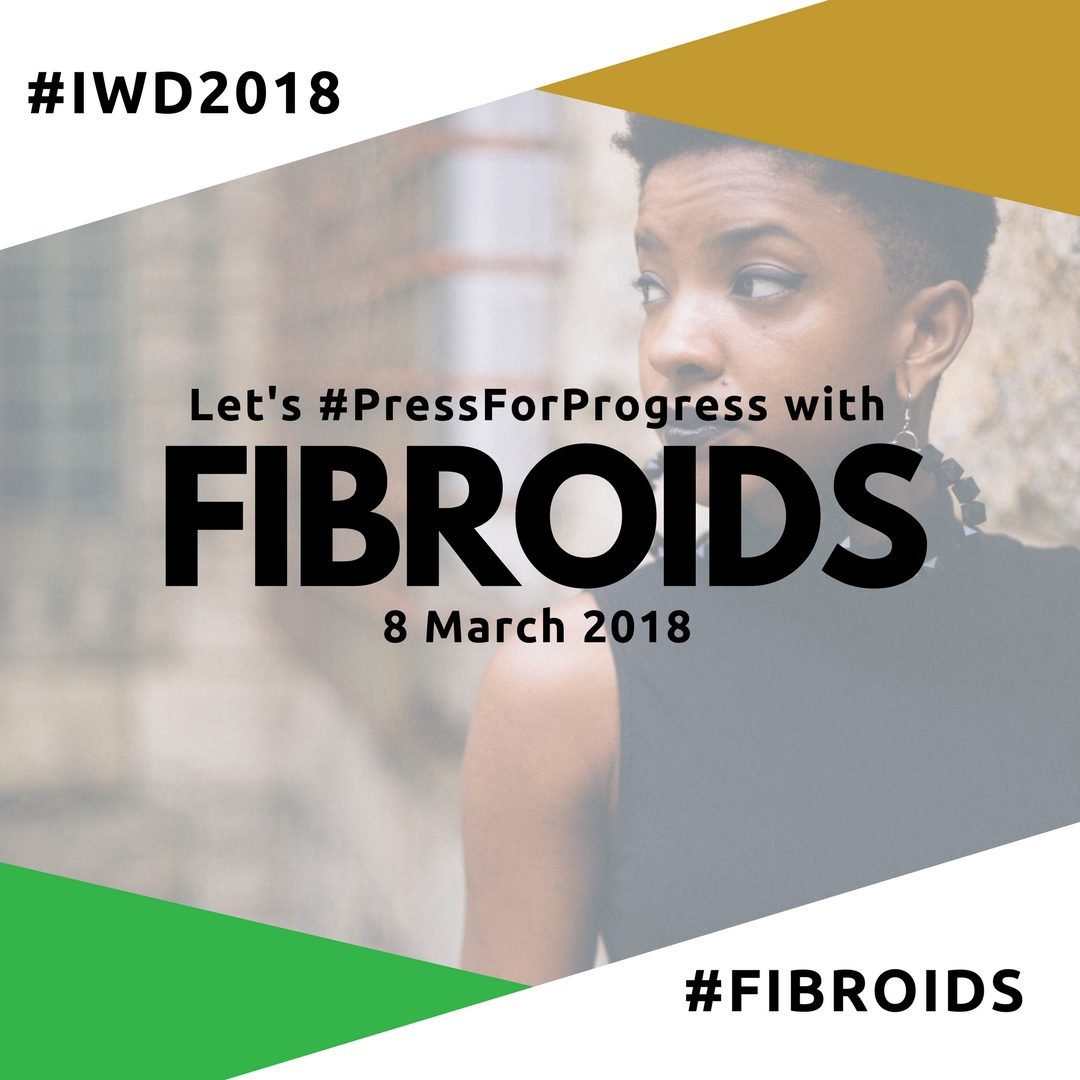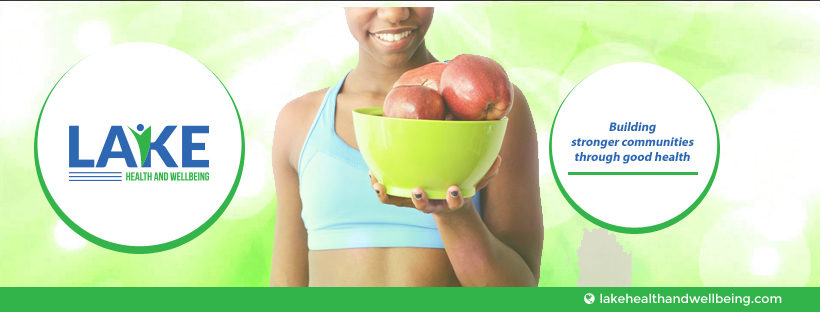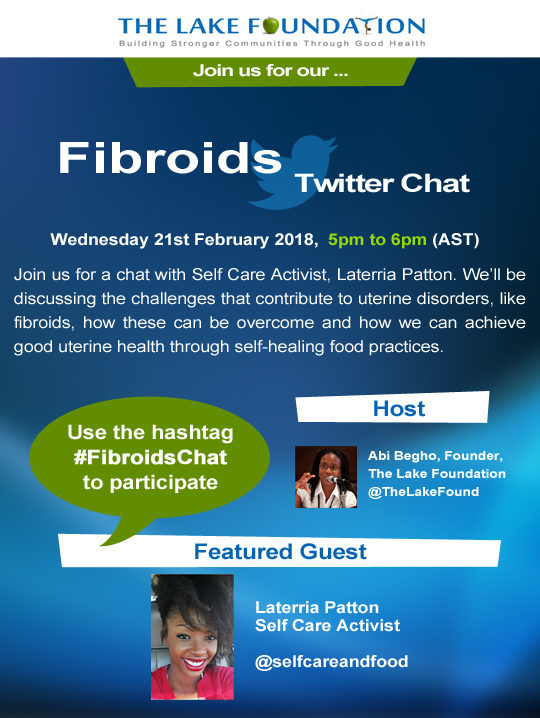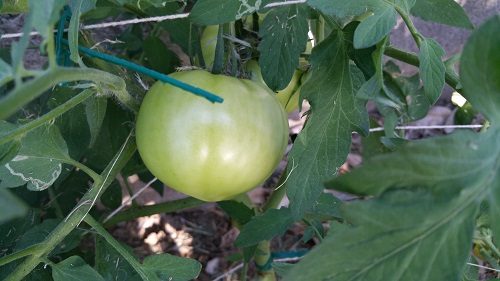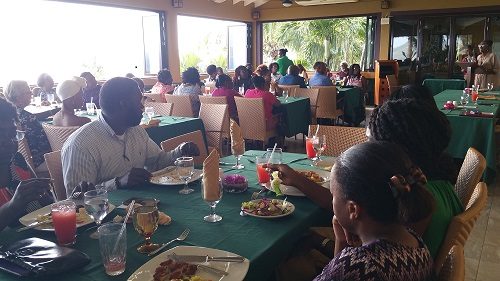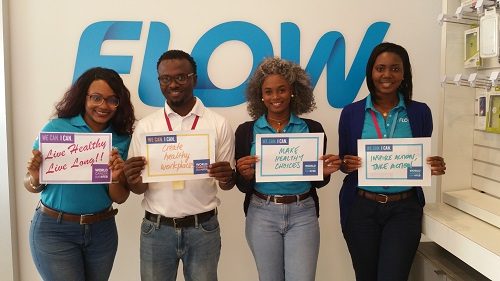Highlights from our Twitter Chat with the Fibroid Forum UK
On 14th March, we hosted a fibroids Twitter chat with the Fibroid Forum UK. We had a great time discussing the work of The Forum, how they’re supporting women who have been affected by fibroids and explored some of the challenges women with fibroids encounter.
You can read some of the highlights from this really interesting chat below and if you have any questions for the Fibroid Forum, please do send them an email or drop by their next support group session (all the details are in the chat below).
Hi everyone, it’s our my pleasure to welcome you to another one of our #fibroids #TwitterChats. #FibroidsChat (1/4)
— Lake Health and Wellbeing (@lakehealthwell) March 14, 2018
Today we’ll be chatting to, @FibroidForumUK, and exploring all the great work they’ve been doing to support women who have been affected by #fibroids. (2/4)
— Lake Health and Wellbeing (@lakehealthwell) March 14, 2018
Now, it’s my pleasure to introduce our guests @FibroidForumUK.
Welcome @FibroidForumUK , please tell us a bit about your organisation and what you do. #FibroidsChat (4/4)
— Lake Health and Wellbeing (@lakehealthwell) March 14, 2018
Hello everyone, it’s great to be a part of this chat. Fibroid Forum UK was set up in 2015 by a group of women who have suffered with fibroids. #FibroidsChat
— Fibroid Forum UK (@FibroidForumUK) March 14, 2018
We started Fibroid Forum UK to raise awareness of the condition, provide support for women with fibroids and empower them to make informed choices about treatment. #FibroidsChat
— Fibroid Forum UK (@FibroidForumUK) March 14, 2018
So, let’s get started.@FibroidForumUK, can you tell us what motivated your team to start the Fibroid Forum UK #FibroidsChat
— Lake Health and Wellbeing (@lakehealthwell) March 14, 2018
Between us we have had various forms of treatment for fibroids including myomectomy, hysterectomy and embolisation #FibroidsChat
— Fibroid Forum UK (@FibroidForumUK) March 14, 2018
There were good and bad things about our collective experiences but we all felt that there was generally a lack of information about fibroids and about choices for treatment options. #FibroidsChat
— Fibroid Forum UK (@FibroidForumUK) March 14, 2018
We wanted to make sure other women had all the information they needed. #FibroidsChat
— Fibroid Forum UK (@FibroidForumUK) March 14, 2018
It can also be a daunting experience mentally and physically and we want to help other women on this journey by coming alongside them. #FibroidsChat
— Fibroid Forum UK (@FibroidForumUK) March 14, 2018
We feel it’s important for those of us who have information to share this with others. We don’t want women to suffer in silence. #FibroidsChat
— Fibroid Forum UK (@FibroidForumUK) March 14, 2018
.@FibroidForumUK Having probably interacted with many women affected by #fibroids since you started, what has been the most interesting and also the most surprising thing that you’ve learnt about fibroids since delving into this area?
— Lake Health and Wellbeing (@lakehealthwell) March 14, 2018
We’ve learnt a lot! One example is that the location of the fibroid can be more important than the size, particularly when thinking about treatment options. #FibroidsChat
— Fibroid Forum UK (@FibroidForumUK) March 14, 2018
We were also surprised to hear just how long women wait before seeking help. We seem to find coping mechanisms before reaching out and this doesn’t help. #FibroidsChat
— Fibroid Forum UK (@FibroidForumUK) March 14, 2018
Many women didn’t realise how big a problem it was and looked for other reasons to explain their symptoms. #FibroidsChat
— Fibroid Forum UK (@FibroidForumUK) March 14, 2018
I did this myself – when I was very tired over a period of time I put this down to lifestyle and thought I needed to slow down. We really want women to identify the symptoms early on and seek help. #FibroidsChat
— Fibroid Forum UK (@FibroidForumUK) March 14, 2018
.@fibroidforumUK, you have organised educational events in both #London and #Birmingham. Can you tell us about these events? #fibroidschat
— Lake Health and Wellbeing (@lakehealthwell) March 14, 2018
Yes, that’s important. We held events in 2016 and 2017. There were presentations from consultant radiologists, obstetricians and gynaecologists. There was also a forum for women to share their experiences. #FibroidsChat
— Fibroid Forum UK (@FibroidForumUK) March 14, 2018
.@FibroidForumUK , What were some of the most common challenges that women who attended these events raised about #fibroids? #fibroidschat
— Lake Health and Wellbeing (@lakehealthwell) March 14, 2018
Many women didn’t feel that the range of treatment options were explained or offered to them. #FibroidsChat
— Fibroid Forum UK (@FibroidForumUK) March 14, 2018
Many women didn’t feel that the range of treatment options were explained or offered to them. #FibroidsChat
— Fibroid Forum UK (@FibroidForumUK) March 14, 2018
There was also an issue of doctors not realising that fibroids could be a cause of the symptoms when some women visited and explained what was happening in terms of heavy bleeding, fatigue, etc. #FibroidsChat
— Fibroid Forum UK (@FibroidForumUK) March 14, 2018
It looks there needs to be some educational work done with doctors too #fibroidschat @FibroidForumUK
— Lake Health and Wellbeing (@lakehealthwell) March 14, 2018
Absolutely l am totally there for doing some via social media and group chats it’s up to us to raise the profile of Fibroid suffers. I am really passionate about it because l am still suffering after surgery 10 years of fighting it. #fibroids #BlackTwitter
— RAINBOW BLAK (@RAINBOWBLAK) March 15, 2018
Yes, some doctors seem to know more about fibroids than others. We would like to see a universal standard of information included as part of their training. #FibroidsChat
— Fibroid Forum UK (@FibroidForumUK) March 14, 2018
Did you find that women in #London and #Birmingham raised the same or different issues? @FibroidForumUK #fibroidschat
— Lake Health and Wellbeing (@lakehealthwell) March 14, 2018
Yes, the women raised similar issues about lack of information but also about feeling quite lonely as they went through their experiences. #FibroidsChat
— Fibroid Forum UK (@FibroidForumUK) March 14, 2018
This is part of the reason why we set up the support group so women can share and be encouraged by others who have been through similar experiences. #FibroidsChat
— Fibroid Forum UK (@FibroidForumUK) March 14, 2018
We’ve heard from a lot of women how their social lives were impacted, particularly if they were bleeding heavily. They just stayed at home, and sometimes had to take time off work. #FibroidsChat
— Fibroid Forum UK (@FibroidForumUK) March 14, 2018
This is part of the reason why we set up the support group so women can share and be encouraged by others who have been through similar experiences. #FibroidsChat
— Fibroid Forum UK (@FibroidForumUK) March 14, 2018
Oh that’s great. Can you tell us a bit more about your support group? Just in case people out there might like to attend @FibroidForumUK #fibroidschat https://t.co/ELljRu0xpo
— Lake Health and Wellbeing (@lakehealthwell) March 14, 2018
Oh that’s great. Can you tell us a bit more about your support group? Just in case people out there might like to attend @FibroidForumUK #fibroidschat https://t.co/ELljRu0xpo
— Lake Health and Wellbeing (@lakehealthwell) March 14, 2018
Yes, we run a quarterly support group for women. Our next one is on Monday 26 March at 6.30pm at St Thomas Hospital in London. Everyone is welcome. #FibroidsChat
— Fibroid Forum UK (@FibroidForumUK) March 14, 2018
What do you think needs to be done (by the NHS and by organisations like yourself) to address these challenges? @FibroidForumUK #fibroidschat
— Lake Health and Wellbeing (@lakehealthwell) March 14, 2018
Organisations like ours need to do as much as possible to raise awareness of this issue among women. As individual women, we need to share our stories and also give leaflets on fibroids to our doctors. #FibroidsChat
— Fibroid Forum UK (@FibroidForumUK) March 14, 2018
The NHS can follow the guidelines that are already in place about giving women leaflets on fibroids when they come to appointments, and others. #FibroidsChat
— Fibroid Forum UK (@FibroidForumUK) March 14, 2018
What other events, support and work have you undertaken and what are your plans for the future? @FibroidForumUK #fibroidschat
— Lake Health and Wellbeing (@lakehealthwell) March 14, 2018
Our future plans are to host more events and see more support groups started across the country. We will continue to raise awareness where we can with those who are involved in treating women with fibroids. #FibroidsChat
— Fibroid Forum UK (@FibroidForumUK) March 14, 2018
Hi @CAREAbtFibroids, if you’ve been following our discussion, I was just wondering if you see some of the same issues over there in the US – women with fibroids feeling lonely, lack of information, doctors not recognising symptoms.
— Lake Health and Wellbeing (@lakehealthwell) March 14, 2018
Definitely. One of the most troubling aspects is how many women with fibroids wait for years without seeking treatment.
Fibroids place a heavy toll on a woman’s emotional well-being and can lead to body-issue anxieties and lower self-esteem. #FibroidsChat
— CAREAboutFibroids (@CAREAbtFibroids) March 14, 2018
Where can women find out more about these services and the work that you’re doing on fibroids? And if people want to support your organisation how best can they do that? @FibroidForumUK #fibroidschat
— Lake Health and Wellbeing (@lakehealthwell) March 14, 2018
They can join our Facebook group. They can also email us fibroidforum@outlook.com. We will have more information about how people can support us in the near future. #FibroidsChat
— Fibroid Forum UK (@FibroidForumUK) March 14, 2018
Do you have any tips or advice you can share for women living with fibroids? @fibroidforumuk #fibroidschat
— Lake Health and Wellbeing (@lakehealthwell) March 14, 2018
Generally, it’s important that we take care of ourselves – that includes our physical, emotional and mental well-being. It’s important to seek appropriate medical advice as all of us are different. #FibroidsChat
— Fibroid Forum UK (@FibroidForumUK) March 14, 2018
Well, we have come to the end of our #FibroidsChat. A big thank you to @fibroidforumUK for joining us. It has been really nice speaking to you and learning more about the work of your organisation. It’s great what you’ve been doing and we wish you all the best #fibroidschat
— Lake Health and Wellbeing (@lakehealthwell) March 14, 2018
Thank you @lakehealthwell for having us as your guests. Keep up your good work too! #FibroidsChat
— Fibroid Forum UK (@FibroidForumUK) March 14, 2018
What a great chat we had with @FibroidForumUK. They provided some really useful insight into some of the challenges that women with #fibroids face and how they’re addressing some of these issues.#fibroidschat
— Lake Health and Wellbeing (@lakehealthwell) March 14, 2018
If you’re based in London and have been affected by #fibroids, check out their support group on 26th March at 6.30pm at St Thomas Hospital in London. Everyone is welcome. #fibroidschat
— Lake Health and Wellbeing (@lakehealthwell) March 14, 2018










